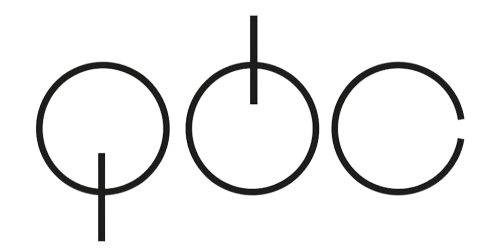This type of self-medication can lead to alcohol dependency and may result in regular, alcohol-induced panic attacks. Alcohol withdrawal may contribute to the onset of panic disorder, or heighten pre-existing mental health issues that make the condition worse. Chronic alcohol use and binge drinking damage the heart muscle, making it harder for the heart to pump blood effectively. Alcohol can also contribute to arrhythmias https://ecosoberhouse.com/ (irregular heartbeats) and hypertension (high blood pressure), increasing the risk of heart attack, stroke, and heart failure. The condition of alcohol-induced anxiety can last for several hours and can be one of the more serious symptoms of alcohol withdrawal. When an individual has consumed alcohol for a period of time and then stops drinking, their anxiety can be aggravated by alcohol withdrawal.
Symptoms and Types of Anxiety
- If your panic attacks are alcohol-related, you should also re-examine your drinking patterns and consider cutting down on your drinking.
- However, restricting attention to a single diagnosis and its relationship to alcohol misuse does not align with more recent research.
- While the initial withdrawal symptoms can be uncomfortable, it helps to know that they will dissipate over time Quitting alcohol opens up new opportunities for you to live a healthier lifestyle that makes it easier to achieve your goals.
- These effects are particularly visible the day after drinking when the hangover begins to set in.
- Drinking heavy amounts of alcohol regularly can also cause your body to become dependent upon the chemical reaction that occurs in your brain.
Work in my lab focuses on understanding how alcohol consumption changes the way neurons within the prefrontal cortex communicate with each other. Neurons are the brain’s key communicator, sending both electrical and chemical signals within the brain and to the rest of your body. Repeated episodes of drinking and drunkenness, coupled with withdrawal, can spiral, leading to relapse and reuse of alcohol. In other words, alcohol use shifts from being rewarding to just trying to prevent feeling bad.
What the DSM-5 Says About Addiction
‘That was the wake-up call’: bar and restaurant staff on giving up alcohol – Post Magazine
‘That was the wake-up call’: bar and restaurant staff on giving up alcohol.
Posted: Sun, 11 Jun 2023 07:00:00 GMT [source]
Although even a heavy night of drinking can trigger anxiety, major withdrawal symptoms and bad hangovers make alcohol panic attacks even more likely. Hangovers can also add to the stress, if a person can’t function, or has to miss work/school. Alcohol is a common form of self-medication for social can alcohol cause panic attacks anxiety, generalised anxiety disorder, and panic disorder. In fact, about 25% of people with panic disorder have a history of alcohol dependence. It is true that alcohol can help with anxiety, at least temporarily, but it can also make it worse in the long run and cause serious panic attacks.

Who Is at Risk of Having Panic Attacks When Quitting Alcohol?
He or she will determine if you have an anxiety disorder such as panic disorder. Your doctor can also identify or rule out medical conditions, such as heart or thyroid problems, which could be causing or contributing to your symptoms. Treating underlying medical conditions such as a cardiac arrythmia or thyroid problem can sometimes eliminate the panic attacks. Not all people struggling with alcohol problems meet diagnostic criteria for anxiety disorders.
What Are the Long-Term Effects of Alcohol on the Body?
Or perhaps you’re actually paranoid or flat-out scared, and can’t explain why. This phenomenon is known as an anxiety hangover, or more casually, “hangxiety”. If you’re worried about your mental health, our direct access service aims to provide you with the advice, support and treatment you need as quickly as possible.

Anxiety problems in the absence of alcohol misuse
Step 2 – reduce
- Because the alcohol and anxiety cycle feeds on itself, and over time causes a person to drink more, eventually it may lead to addiction.
- Understanding these parameters could make a valuable contribution toward using the stress system as a recovery biomarker.
- In fact, drinking can change the chemistry of the brain in a way that actually makes anxiety worse.
- You can also use positive affirmations, distractions, or breathwork to move through a panic attack.
